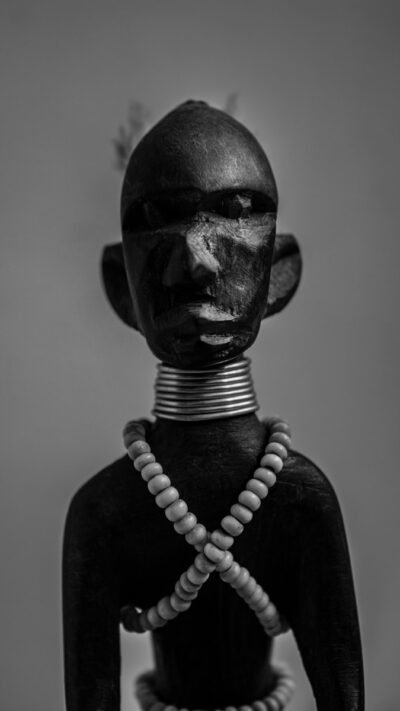There are stories we rarely let breathe.The stories of Black men who were once Black boys — hurt, silenced, told to “man up,” told t
There are stories we rarely let breathe.
The stories of Black men who were once Black boys — hurt, silenced, told to “man up,” told that pain was weakness, told to fight but never cry.
This silence has been inherited like an unwanted heirloom, passed down from fathers who weren’t allowed to feel, to sons who were taught that survival means pretending not to be broken.
But here’s the truth:
Many Black men are survivors of childhood abuse — physical, sexual, emotional, and spiritual.
And too many have carried that truth in their bodies for decades, walking around as protectors, providers, and peacemakers while still fighting the ghosts of a childhood that stole their safety.
When a child is hurt and no one believes him, he learns to become invisible.
When he’s punished for tears, he learns to turn his sadness into anger.
When the world expects him to be strong before he’s even had a chance to be safe, he learns that love is a battlefield, not a resting place.
That’s what abuse does — it twists truth, it rewires innocence, it teaches boys to survive by hiding.
But healing begins when the silence breaks.
When a man whispers, “It happened to me too,” and someone says, “I believe you.”
When he stops apologizing for needing rest, or for trembling when old memories surface.
When he begins to understand that the child he was deserved safety, tenderness, and time.
The men who tell their stories — whether on stage, in therapy, in church basements, or quietly to a trusted friend — are doing sacred work.
They are rewriting legacy.
They are making sure the next generation of boys know that strength is not the absence of pain — it’s the courage to face it and still love yourself through it.
For every man who survived, this is for you:
You are not what was done to you.
You are not weak for remembering.
You are not broken for still feeling.
You are proof that survival and softness can live in the same heart.
Affirmation:
I honor the boy I was.
I give him the safety he never had.
I live freely, knowing my voice is not shame — it’s survival turned sacred.
